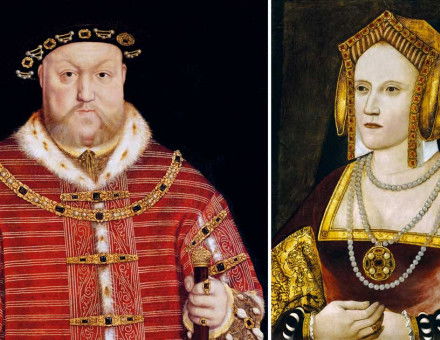The Emergence of the Christian Witch
P.G. Maxwell-Stuart examines the impact of early Christianity on notions of magic and definitions of witchcraft.
As Christianity began to make an impact on the Roman world, the new religion faced two major struggles. On the one hand, it faced a series of deviations from orthodox theology, in the form of heresies principally concerned with the exact nature of Jesus and his relation to God the Father. Second came the challenge of magic. Magical practitioners were ubiquitous in the pagan world, and their stock in trade consisted of claims to exercise powers beyond the merely natural or human.
Prospective converts looked to Christian priests and monks to work magic more effectively than their pagan equivalents, and this remained a requirement as long as there were sizeable areas of Europe to be converted, that is, until at least the twelfth century. Saints played a major role in this preternatural activity. They worked wonders, cured the sick, expelled evil spirits and, when death took them, their relics continued the good work. Hence, amulets of all kinds, re-cast in Christian guise, pursued the miraculous or magical ends once sought purely by pagan magic.





